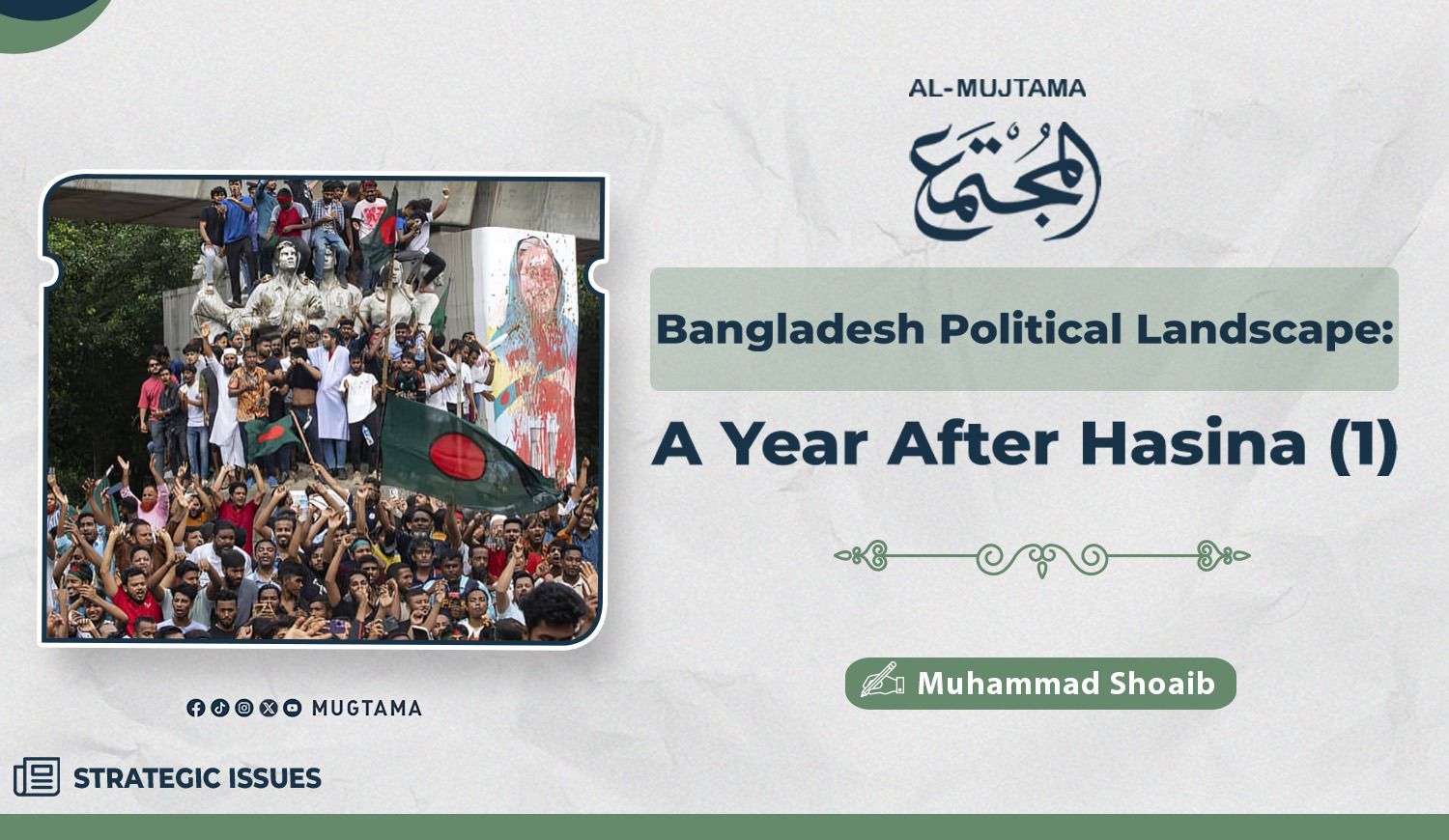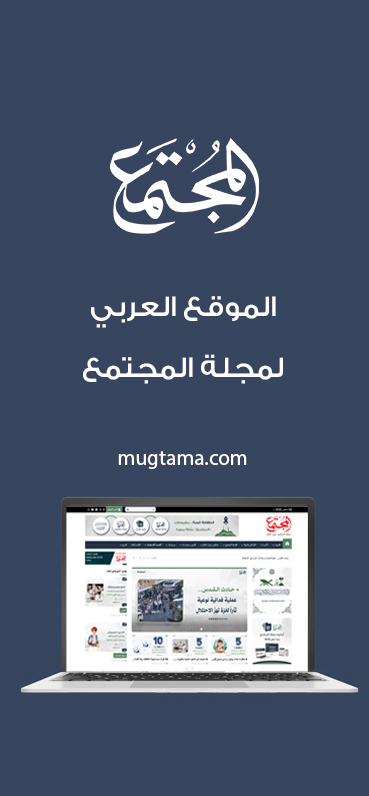Bangladesh Liberated From Tyranny
Bangladesh Political Landscape: A Year After Hasina (1)

The 'July
Revolution' of 2024 was a landmark event in the contemporary history of
Bangladesh after the end of Sheikh Hasina's long authoritarian rule. Bangladesh
entered a new chapter with the emergence of an interim government led by Dr.
Yunus based on Articles 7 and 11 of the Constitution with reference to the
'full power of the people'. In the past year, this government has taken several
steps to achieve reforms in various sectors, establish justice, achieve
financial transparency and strategic independence. A year ago, in the post-August
5 revolution situation, constitutional continuity collapsed in Bangladesh.
Public administration, the judiciary and the Election Commission were almost
paralyzed.
Political Reforms and Interim Governance Structure
The interim government formed under the leadership of Dr.
Muhammad Yunus essentially established a ‘public participatory administrative
structure’. The ‘National
Transformation Commission’, consisting of representatives of all parties,
civil society, student movement representatives, judges and intellectuals,
played the most effective role at this time. Judicial processes began against
corrupt politicians, bureaucrats and members of the law enforcement agencies of
the former government. Trials of crimes against humanity, money laundering and
political assassination cases have begun under the ‘tribunal’ - where the July
35 massacre and the disappearances and murders by the RAB-police were among the
most prominent.
New Constitution Drafting Commission
The most important political step in this one year was the
formation of the ‘New
Constitution Drafting Commission’. Based on the reports of the six main
reform commissions, the Consensus Commission met with political parties and
other stakeholders and handed over the final drafts of the July Declaration and
the July Charter to the political parties. In the first phase, the political
parties have agreed on 62 out of 166 reform proposals in the draft of the
National Consensus Commission. On the night of July 30, the commission sent
this draft to the parties, which will be ratified as the July Charter.
Its main proposals include constitutional amendments,
legislative and local government structures, expansion of fundamental rights,
election and judicial systems, anti-corruption measures, etc. In the second
phase, other issues for consensus include the formation of a bicameral
parliament, qualifications of members, determination of mother tongue and
citizen identity, local government autonomy, National Coordination Council, PR
system in the upper house, presidential election process, decentralization of
the judiciary, powers of the president, etc. Among the main decisions agreed on
are the formation of an independent police commission: formation of a separate
police oversight body to ensure professionalism and accountability, etc.
PM Term Limit: 10 Years Maximum
All political parties have agreed on limiting the term of the
prime minister to a maximum of 10 years. Determining the basic principles of
state governance: There has been a proposal to add 'equality', 'human dignity',
'social justice', 'democracy' and 'religious freedom and harmony'; there has
been an overall consensus on about eight issues, but BNP has submitted a
written note against the proposals on these eight issues.
Economic Reforms
The old board of Bangladesh Bank was dismissed on charges of
unprecedented looting and corruption in the banking sector. The digital
infrastructure of the financial sector is being reconstructed under the
leadership of the Financial Reforms Commission. Similarly, several
organizations and departments, including BERC, Petrobangla, PID,
and the Ministry of Education, have undergone extensive post-investigation
reorganization.
Going beyond the debt-dependent policies of the IMF and the
World Bank, the government increased its activity in alternative economic
alliances (BRICS Plus, BIMSTEC Economic Forum). A new dialogue began with
China's 'Belt and Road' initiative under new conditions. Several top officials
were dismissed and charged after exposing the malfeasance of ICT and
transaction-based syndicates within Bangladesh Bank.
A
new digital security framework was developed to ensure the influence-free use
of the RTGS and SWIFT systems. The post-revolutionary government formulated
labor-friendly policies and took various initiatives to resolve the crisis in
export-oriented industries.
National Revenue Structure Reform
Reinvestment began in agriculture and cottage industries. One
of the major achievements is the 'National Revenue Structure Reform', where
unnecessary VAT and additional pressure on the middle class have been reduced
and a new 'origin-based tax' has been introduced on multinational and corporate
groups. The process of forming an autonomous 'Revenue Department' by
restructuring the NBR has begun. Steps have been taken to waive land tax, waive
interest on agricultural loans, and create a market structure focused on rural
production. The government's procurement price policy has been reformed for
self-sufficiency in food.
Justice and Human Rights
The demand for justice for the 1,500 people killed in the 2024
mass protests by the army and police has been strongly raised. A genocide
tribunal has been formed to investigate 17 separate murders. Charges have been
framed against the former Prime Minister, Home Minister, IGP, DG of RAB and
several military officers. The tribunal is working through public testimony,
video evidence and international observers. Nearly 8,000 political prisoners
have been released in the year since the interim government took office, who
were detained under various laws including the Digital Security Act.
Truth-Finding Commission
A ‘Truth-Finding
Commission’ has been formed, which is preparing documentary evidence of
political persecution, disappearances and imprisonment during the period
2009-24. An independent judicial commission was formed by separating the
judiciary from the executive branch. The ‘public inquiry process’ was launched
to release political prisoners, investigate disappearances and prevent police
torture. However, many cases of harassment still remain. The first testimony
against crimes against humanity began in March 2025. Within a year, charges
have been filed directly in court against Sheikh Hasina in at least three
cases, which is a major step towards an accountable judiciary.
Changes in the field of education and culture
The government has paid special attention to educational
institutions after the student-led movement led to the fall of the
authoritarian government. With special initiatives, urgent projects for the
construction of hostels were started in Dhaka and Jagannath University and
other public universities in Dhaka. The recent literary festivals, language
days and free speech festivals also clearly show the renaissance of freedom of
speech.
The University Grants Commission and the National University
have been formed to end admission-based corruption in education. Several
institutional reforms have been taken by removing the promotion of communal and
market-oriented ideas from the curriculum. The Digital Security Act has been
repealed and the ‘Free Information Act’ has been passed.
The state media has been given autonomy. An independent
broadcasting commission has been formed to monitor private television and
online media. Instead of government control over technology platforms including
Facebook and YouTube, a 'social media court' has been launched on an
experimental basis to establish democratic accountability.












